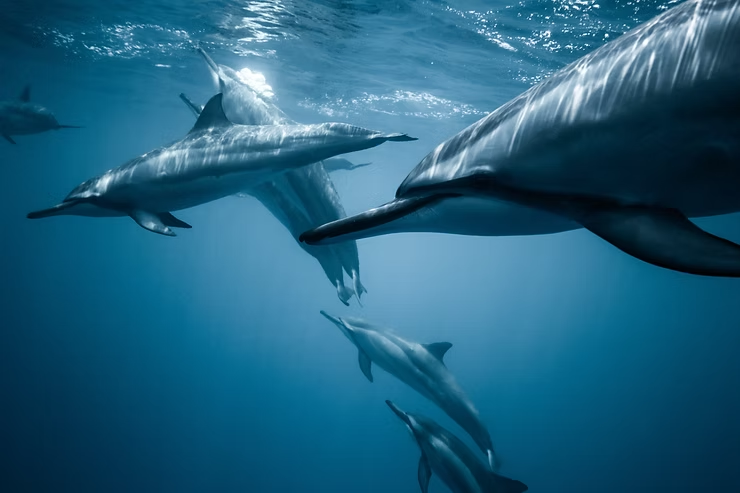Protecting Endangered Marine Species
Supporting initiatives to protect endangered marine species is vital for maintaining the balance of ocean ecosystems and preserving global biodiversity. Human activities such as overfishing, habitat destruction, pollution, and climate change threaten countless marine species, from sea turtles to whales and sharks. Here are key steps to support these critical conservation efforts.
Key Steps for Marine Conservation
1. Conservation Legislation
Advocate for strong national and international conservation laws to provide essential protections for endangered marine species.
2. Marine Protected Areas
Promote the creation and expansion of MPAs where fishing, mining, and other harmful activities are restricted or prohibited, offering safe havens for marine life.
3. Sustainable Fisheries
Support sustainable fishing practices, including catch limits, selective gear to reduce bycatch, and techniques that protect non-target species.
4. Habitat Restoration
Participate in or fund initiatives restoring coral reefs, mangroves, and seagrass beds, which are crucial for species survival.
5. Scientific Research
Support research to understand behaviors, migration, and ecological needs of endangered species for effective conservation planning.
6. Public Awareness
Raise awareness through education campaigns, documentaries, and social media outreach to inform the public and policymakers about marine conservation.
7. Responsible Tourism
Encourage wildlife tourism that respects natural behaviors, ensuring dolphin and whale watching or other interactions do not harm marine species.
8. Sustainable Seafood Choices
Choose sustainable seafood by consulting guides like MSC and Seafood Watch to support responsible fishing practices.
9. Beach Cleanup Initiatives
Participate in or organize beach cleanups to remove plastic and debris that can harm marine animals through ingestion or entanglement.
10. Support Conservation Organizations
Volunteer or donate to organizations leading research, advocacy, and protection programs for endangered marine species.
11. Global Cooperation
Promote international collaboration since many marine species migrate across borders, requiring joint conservation efforts.
12. Enforcement of Trade Regulations
Support enforcement of agreements like CITES to prevent illegal trade of endangered marine species.
13. Sustainable Coastal Development
Advocate for coastal projects that minimize habitat destruction and pollution while preserving natural ecosystems.
14. Climate Action
Reduce greenhouse gas emissions to combat rising sea temperatures, ocean acidification, and sea-level rise threatening marine life.
15. Conservation Funding
Encourage governments and philanthropies to provide adequate funding for species-specific recovery and broader marine conservation initiatives.
Conclusion
Protecting endangered marine species is both a moral responsibility and essential for healthy oceans. Collective action through legislation, sustainable practices, public awareness, and global cooperation ensures these magnificent creatures continue to thrive. By supporting conservation efforts today, we safeguard marine biodiversity for future generations and maintain the resilience of ocean ecosystems.

